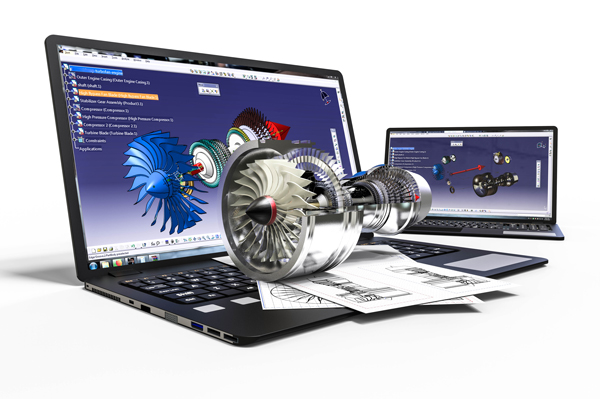Prototype manufacturing is the process of creating a working model or sample of a product before it goes into full-scale production. Prototypes are used to test and refine the design, identify any issues or flaws, and ensure that the final product meets the desired specifications.
This process allows businesses to save time and money by identifying and resolving problems early on, before investing in costly mass production.
Prototype manufacturing can be done using a variety of techniques, which includes:
- 3D printing
- CNC machining
- Injection moulding.
Prototype manufacturing is a crucial part of product development, allowing businesses to create working models of their designs before proceeding to full-scale production.
While there are prototype manufacturing options available in various countries, Chinese prototype factories have become increasingly popular due to their cost-effectiveness, quality, and speed of production.
Few advantages of Chinese factories
- Lower in cost: One of the key advantages of using Chinese factories for prototype making is their affordability. The cost of labour in China is significantly lower than in other countries, which translates to lower production costs.
Additionally, many Chinese prototype factories offer competitive pricing and discounts for bulk orders, making them a cost-effective choice for businesses of all sizes.
- Reputation for producing high-quality prototypes: Chinese factories for prototyping also have a reputation for producing high-quality prototypes.
These factories use state-of-the-art technology and equipment to create prototypes that are accurate, durable, and functional. Many factories also employ experienced engineers and technicians who ensure that the prototypes are of the highest quality.
- Speed of production: Another benefit of working with Chinese prototype factories is the speed of production. These factories are known for their efficiency and quick turnaround times, allowing businesses to get their prototypes faster and start testing and refining their designs.
This can be particularly advantageous for businesses working on tight schedules or with tight budgets.
When choosing a Chinese prototype factory, there are several factors to consider.
- Select a specialist prototype manufacturer: One of the most important factors is the type of prototype manufacturing that the factory specializes in. Some factories specialize in specific types of prototypes, such as CNC machining, injection moulding, or 3D printing, while others offer a wide range of services.
- Look for experience and expertise: It is also important to consider the factory’s experience and expertise. Look for a factory with a proven track record of producing high-quality prototypes and delivering them on time.
You may also want to consider the factory’s location, as this can impact shipping times and costs.
- Have clear communication: To ensure that you get the best possible results, it is essential to communicate clearly with the Chinese prototype factory you choose.
Make sure that you provide detailed instructions and specifications for your prototype and that you stay in regular contact with the factory throughout the production process.
This can help to minimize any misunderstandings or errors and ensure that you get a prototype that meets your needs and expectations.
- Go for rapid prototype service: In addition to traditional prototype manufacturing methods, many Chinese factories for prototyping also offer rapid prototyping services.
Rapid prototyping uses advanced technology and software to create prototypes quickly and accurately. This can be particularly useful for businesses that need to iterate quickly and make changes to their designs on the fly.
Conclusion
Overall, Chinese prototype factories offer a cost-effective, high-quality, and efficient option for businesses looking to create prototypes of their designs.
By choosing the right factory and communicating clearly throughout the production process, businesses can get the prototypes they need to test and refine their designs and bring their products to market successfully.

